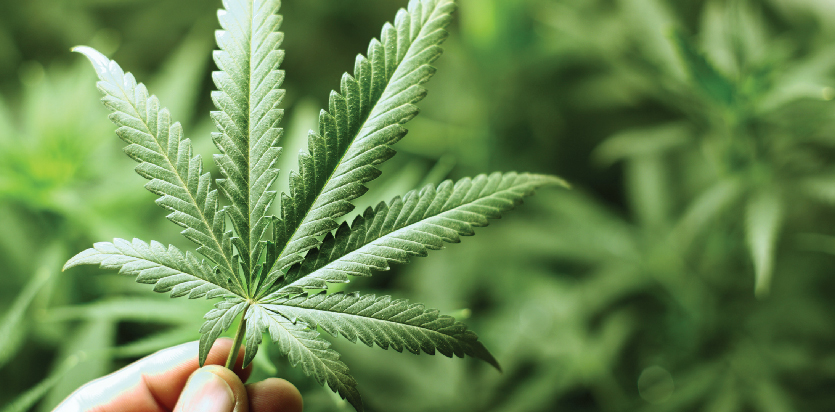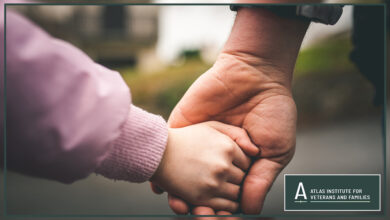Health and Wellness
Veterans Affairs scales back reimbursement for medical marijuana
Veterans Affairs Canada (VAC) announced earlier this week that it plans to scale back their reimbursement program of medical marijuana from ten grams to three grams per day or the equivalent value for fresh cannabis and cannabis oil.
Veterans currently being reimbursed for ten grams per day of dried marijuana will be grandfathered into the new system and will be reimbursed for the current level until May 21, 2017.
However, there will be an exceptional circumstances process in place for veterans whose doctors have recommended more than three grams per day of marijuana. These veterans will require additional documentation from doctors that must include “opinion of the medical specialist must include the rationale for the use of more than three grams, confirmation that there are no contraindications, and an indication that alternative treatments were ineffective or contraindicated.”
Claims will be reviewed on a case by case basis, states the Department.
Additionally, VAC is establishing a fixed rate of $8.50 per gram, whether taken in dried or fresh marijuana or the equivalent in cannabis oil. According to VAC, this is to ensure that veterans are charged, and the Department is reimbursed for a fair market value price.
This price was determined after VAC researched advertised prices and based it on a fair market value.
The decision to cutback on reimbursements comes from recommendations made both by an internal review and the Spring 2016 Office of the Auditor General report which made recommendations to VAC on how to better manage their drug reimbursement program.
“In March of 2016, I was surprised to learn that Veterans Affairs Canada did not have a policy on marijuana for medical purposes. I tasked my department with reviewing marijuana for medical purposes, and this new reimbursement policy is the result. We consulted with Veterans, their advocates, stakeholders, medical experts and reviewed existing research on using marijuana for medical purposes and developed a balanced policy. This policy has the health and well-being of Veterans and their families at its heart. Veterans Affairs will continue to monitor developments in the field of marijuana for medical purposes and as new information becomes available we will be flexible, adapt and adjust as required,” stated Kent Hehr, Minister of Veterans Affairs Canada and Associate Minister of National Defence.
According to experts and the research produced by the internal review, ten grams per day exceeds a healthy daily dose of cannabis. VAC documents state that in 2014 the College of Family Physicians of Canada suggested that doctors authorizing cannabis for medical purposes “start slow and go slow.”
The decision is also said to be consistent with Health Canada’s indications that the average Canadian is authorized 2.6 grams per day.
The Department’s program to reimburse for medical marijuana began in 2007 with one veteran on compassionate grounds. Since then, the number of veterans claiming reimbursement and the cost has grown. Between April and September of this year alone, 3,071 veterans claimed $31 million for medical marijuana reimbursement.
“I was shocked to learn that the former government began reimbursing veterans for cannabis with no policy in place. Now is the time to change that,” said Hehr, who made the announcement at the annual Canadian Institute for Military and Veteran Health Research Forum.
Hehr went on to state that the Department will establish an advisory committee to monitor the effectiveness of the reimbursement policy. It will also work alongside the Canadian Armed Forces in drafting a research plan to study the effects of marijuana on the health of veterans.










